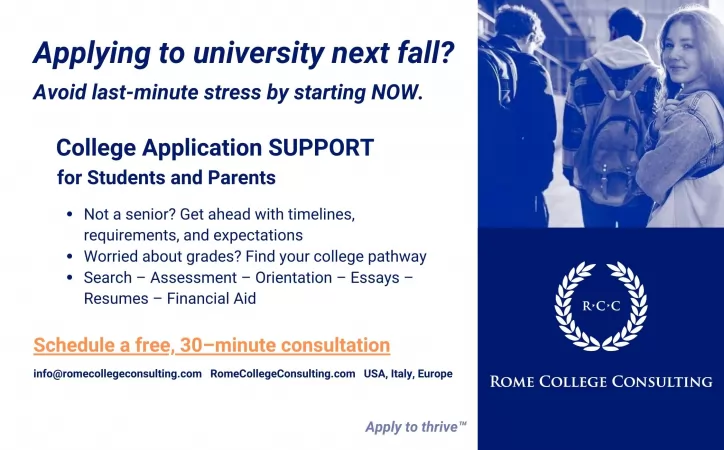Covid: Italy tightens Super Green Pass rules on 10 January
Italian premier to answer questions about controversial vaccine mandate today.
Italy's latest covid restrictions come into force on Monday 10 January with the government once again expanding the scope of the Super Green Pass, the digital certificate which can only be obtained by those who are vaccinated or have recovered from covid-19.
The Super Green Pass is a "reinforced" version of the "basic" Green Pass certificate which proves the holder has been vaccinated, tested negative or recovered from covid-19.
Already required in cinemas, theatres and stadiums, the Super Green Pass cannot be obtained by a negative covid test result, meaning that it excludes people who are unvaccinated.
From 10 January the Super Green Pass is required on all forms of public transport - local, regional and national - including planes, trains, ships, buses, trams and subways.
Commuters are obliged to wear the more protective FFP2 masks, amid reports that 1,000 police officers will be deployed in Rome to ensure the new rules are being followed.
The Super Green Pass is also now required for dining in restaurants, both indoors and outdoors, as well as in hotels, ski lifts, museums, archaeological sites, gyms and swimming pools, along with a range of other activities ranging from wedding receptions and bingo halls to festivals and theme parks.
Booster
Also from 10 January the minimum waiting time between the second dose of the covid vaccine and the 'booster' shot will be reduced from five to four months.
The tightening of Italy's two-tiered covid restrictions is part of the government's efforts to boost its vaccination drive and stem a surge in coronavirus infections.
Compulsory vaccination
The government recently announced that the covid-19 vaccine would be compulsory for people over the age of 50, with effect from 15 February.
The controversy around the move has led premier Mario Draghi to call a news conference, at 18.00 on Monday, to outline the reasons behind the sweeping measure.
Schools
Also on Monday, Italy's schools reopen after the Christmas holidays, with new covid protocols in place.
In kindergartens and scuola dell'infanzia (up to the ages of six), if one child tests positive for covid, in-person lessons are suspended for the entire class for 10 days.
In primary schools, if one child in a class tests positive, students continue to attend lessons in the classroom, however if there are two or more cases then the class switches to remote learning for 10 days.
In middle and high schools, after three covid cases in the class, distance learning is triggered but only for the unvaccinated.
Those who are vaccinated can continue to attend class in person, with self-monitoring protocols in place and the wearing of FFP2 masks mandatory.
Yellow zones
Monday also sees the number of Italian regions in covid 'yellow' zones rise to 15 with the addition of Abruzzo, Emilia-Romagna, Tuscany and Valle d'Aosta.
New Green Pass rules
From 20 January the basic Green Pass will be needed to access hairdressers and beauticians, while from 1 February it will be required to enter banks, post offices, non-essential shops and shopping malls.
The unvaccinated will still be able to access grocery shops, supermarkets and pharmacies.
Neither version of the Green Pass (basic or super) applies to children under the age of 12 or to people exempt from the vaccination campaign on health grounds. For official information about the covid-19 situation in Italy (in English) see the health ministry website. Photo credit: Antonello Marangi / Shutterstock.com.




















